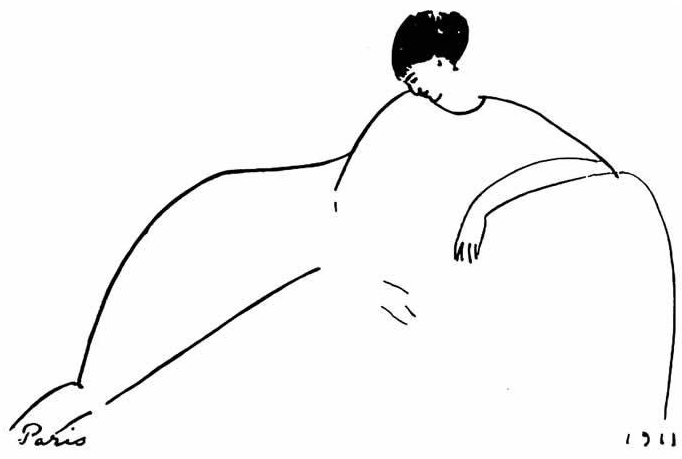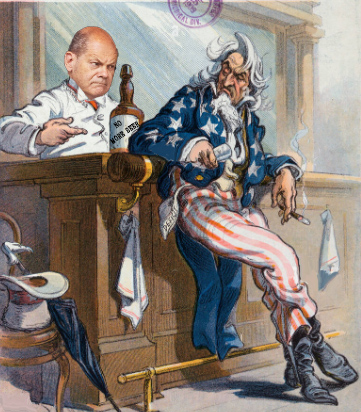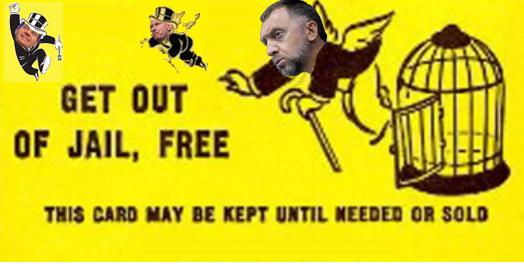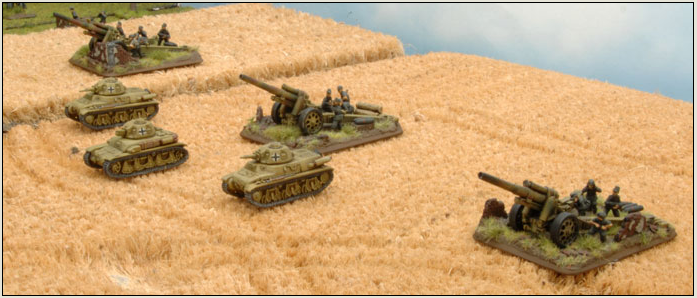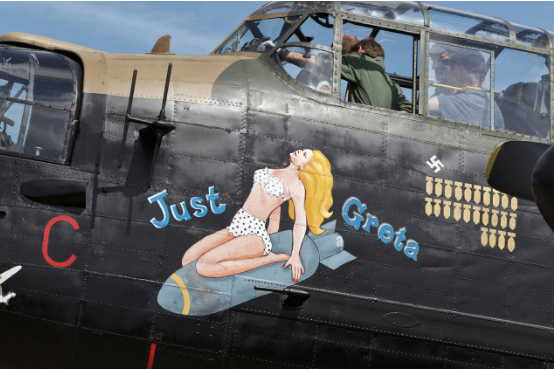

By John Helmer, Moscow
@bears_with
There ought to be a law, or at least a sanction – tenure cancelled, travel visa blocked – for American experts on Russia who claim to know from their reading of other American experts on Russia why Russia does things, and what will happen next.
Thane Gustafson, a Georgetown University professor publishing at the Harvard University Press, claimed very recently “it’s not too hard to reconstruct at this point what was likely going through Putin’s mind as he gave the order to attack…Putin was not nuts, not deranged, not isolated, etcetera. It was all a reasonable bet—by his strange lights—except that every one of the premises turned out to be wrong.” Gustafson is certain he knows this; how he doesn’t say.
But then Gustafson concedes: “All the cards are up in the air, and who knows how they will come down…I don’t know how this ends.”
There’s modest uncertainty for you — except that Gustafson is kidding. He wants you to know, he also says, that Russia is now a fascist state, and there’s really only one thing left he doesn’t know: because it’s such an effective fascist state, “the fact is that because of the regime’s control of information, we have very little idea of how Russians actually feel about the war, and how they will react to Putin’s apparent defeat.”
Gustafson didn’t notice he was squatting on the horns of a dilemma. If Russian regime control of information is so total(itarian), Gustafson’s information must come from the other side – American, Canadian, British, NATO headquarters in Brussels. The technical terms which professors usually apply to information emanating from one side of a two-sided war are misinformation, disinformation, propaganda, active measures, fake news, lies. Between these things and the information Gustafson says he’s sure of, he has trolled himself.
So, to repeat the question, what if Russians actually support the war and blame the US for starting it? What if they are as certain of this as Gustafson is certain Putin started it?
And what if the war ends in the US and NATO alliance retreat to Lvov; after which the Polish government will notify NATO HQ it is reviving its treaty claim to the Galician territory of the Ukraine; the chancellery in Berlin will then inform Brussels it requires the return of the ancient Danzig Corridor and Breslau, Polish territories currently called Gdansk, Wroclaw, and the Ziemie Odzyskane; and the Hungarian government will follow suit with the announcement of the recovery of historical Kárpátalja (Transcarpathia), the Zarkarpatska oblast of the Ukraine?
These were the spoils of the World War II settlement between the US and the Soviet Union in 1945-46. The territorial reversion claims aren’t new. What is new is that the US and the NATO alliance, plus the Galician regime still ruling between Kiev and Lvov, also in Ottawa, have aimed to change the terms of the post-war settlement by continuing the war eastward on to the territory of Russia itself, all the way to regime change in Moscow.
That is what Russia says it is fighting now to defend itself against. As Russian officials have been hinting in recent days, the foreign and defence ministries and the intelligence services are currently discussing in the Kremlin Security Council whether Russia’s long-term security on its western front may be best served by terms of a Ukrainian settlement in which the German, Polish, and Hungarian territorial claims are recognised.
So, if these are indeed the cards that are up in the air, as the professor in Washington, DC, acknowledges, he isn’t the only one who doesn’t know how they will come down.
In the meantime he and the Harvard printers want their new book to be a weapon in this war, targeted directly at President Vladimir Putin in the Kremlin. But what if the weapon misfires and they lose this war? Will Gustafson admit his ignorance or his mistake or his deception? Should he resign his professorship? Should Harvard pulp the new book? Or is the state in which Gustafson lives and lectures such an effective fascist state, losing the war against Russia to Germany, Poland and Hungary, minus the Ukraine, plus Russia, won’t matter to US officials any more than losing Afghanistan, Iraq, Libya, and Syria?
(more…)

